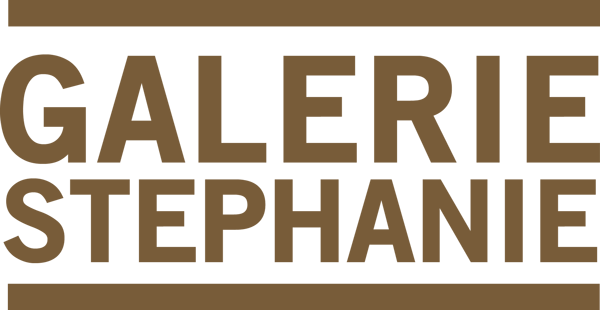A montage is formed from casts made of Julie Lluch’s past works: Philippine heroes, politicians, personalities, mingle with her other more personal works, forming the cast of the artistic life of Lluch; a brief summary of her life’s work, and at the same time, an unintended reflection of our nation’s history. What Lluch has intended to be an introspection of her work and a meditation on the ephemeral nature of beauty, particularly when materiality is cumulatively affected by time, weathering, and chance; uncannily
parallels the dystopic state of our nation, as a product of our tumultuous histories, as all her past works surround, as if in agitation and confusion, the newly made three-dimensional tableaux of a man dragging the body of a slain gladiator – a scene we are familiar with – from Juan Luna’s Spoliarium.
All of the earlier works which were made mostly to showcase the highlights of our nation and the collective achievement of our country – the heroes, the politicians, and personalities – stand witness to this seen of abject horror and defeat: the fallen warrior unceremoniously dragged across the dirt, about to be divested of whatever properties are on his body, bereft of honor and dignity. Lluch describes them “like white ghosts, shadows, like sentinels and testaments from the past – a virtual junkyard” both of our history – and literally, of hers.
Lluch herself says “It may be said that the show is about the artistic life. The idea of gathering together like a reunion of sorts, of models, reproductions, semblances, maquettes, copies of past works because the pieces were accumulating over the years and with my serious storage problem and my unwillingness to part with them, they are slowly deteriorating into junk. I am pleased with the idea of putting them to good use in an unconventional exhibition before I put them away. Questions and issues on materiality or meaning may be raised: What is the meaning and purpose of art? What good has Beauty or Art done to
one’s life? Did it make one a better person? Doesnt all Art, in the end turn to junk? I can relate my situation with what the Nobel prize winning novelist C. M. Coetzee said: ‘I have lived, when I have chosen, in the lap of beauty. The question I find myself asking now is, ‘What good has it done me, all this beauty? Is beauty not just another consumable, like wine? One drinks it in, one drinks it down, it gives one a brief, pleasing , heady feeling, but what does it leave behind? The residue of wine is, pardon the
word, piss. What is the residue of beauty? What is the good of it? Does beauty make us better people?’ The lateness of the time will not prevent one from dreaming of the beautiful life. But in wakefulness one is confronted with only terror that art diffuses and overcomes in the present and past realities. Love, ambition, brokenness, ephemerality, the chasing after the wind – all that make fodder for the artist. Art, after all, is what saves the world, says Dostoevsky. Yet Art is part of the absurdity of it all. All flesh could not know what grace alone irresistibly reveals and bestows!”
As our minds hazard connections between our realities with what is laid by Lluch in front of us, faith provides the idea of a saving grace working through the ghosts of our history, and the horrors that we face as a people with the regularity of a refrain. By faith – or by willful negation – we can choose to see how the horror of the Spoliarium, once the metaphor of our nation, has once won our Luna a coveted gold medal, and inspired Rizal to claim that “genius has no nation,” staking our claim in equal humanity. Perhaps, as Lluch suggests, art will be parcel of the grace that will finally allow us to transcend our condition.
exhibit notes and curation by Ricky Francisco

